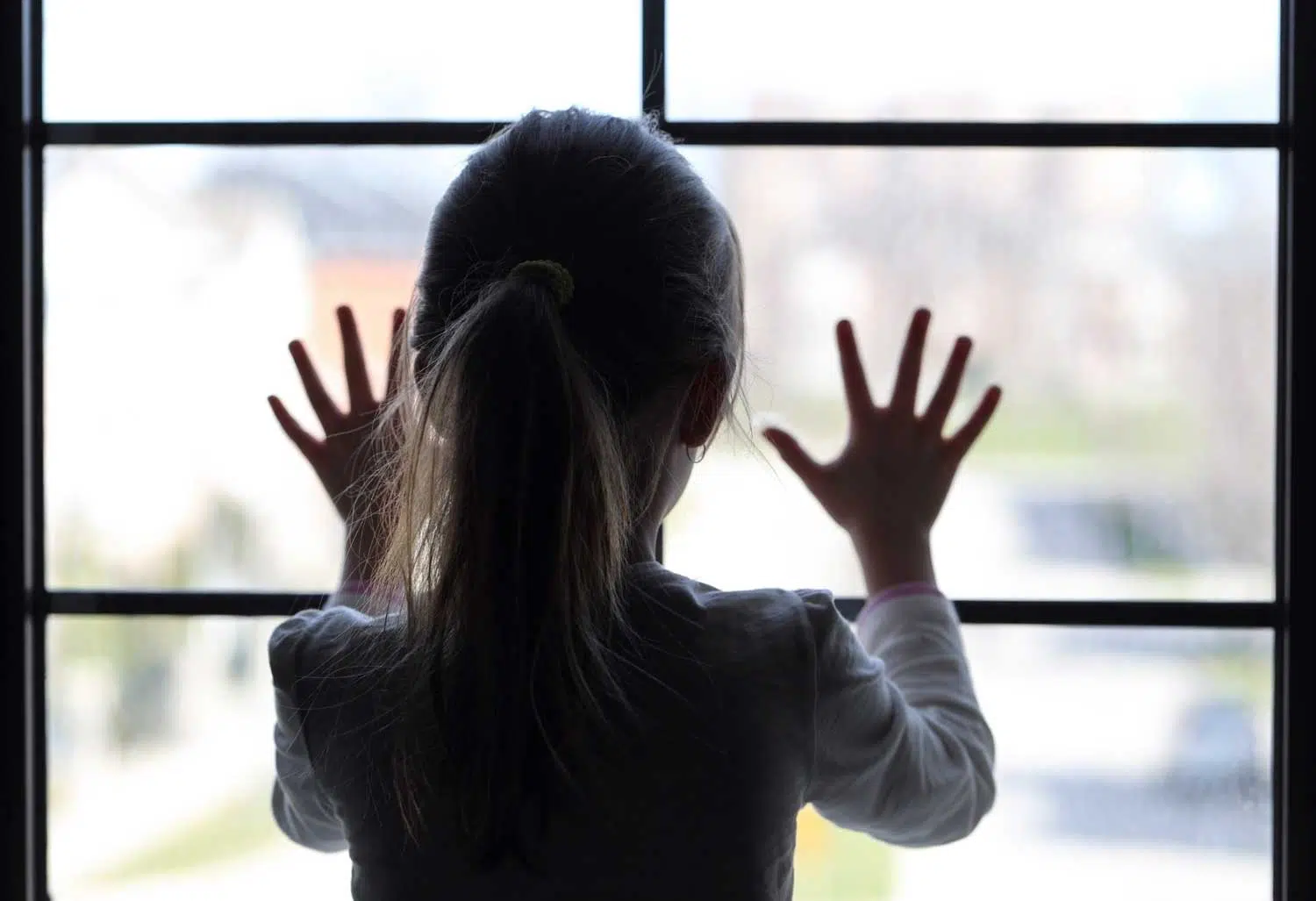You and your wife divorced several years ago. She has sole custody of Diane and Diego, who are now ages 7 and 11. Diego, during one visitation weekend, tells you he comes home after school and, until his mother (your ex-wife) gets home, he is responsible for Diane. Sometimes that is a matter of minutes; other days, he says, she does not come home for hours. Is that child abuse? Is that neglect? If you suspect your wife of child abuse, how can you be sure?
Children Being Left Home Alone
We are not talking about the movie; the real life issue of Virginia children home without adult supervision. Though some municipalities may have ordinances about a lower threshold for children being home alone, Virginia itself does not. Rather, Child Protective Services (CPS) advises you use several factors to decide if a child is safe without adult protection:
- The child’s level of maturity — If Diego is responsible, has common sense, knows how to telephone for help, and has no physical, emotional or behavioral problems, he can probably be home alone, but that does not mean he is equipped to provide care for a little sister
- How far away or how accessible is your ex-wife (the children’s mother) to her kids? — Does she leave a working cell phone with Diego while she is shopping for groceries, or does she leave the TV on and go to a distant bar?
- The environment and timing — What time is Mom supposed to be home? Is the neighborhood safe, or known to be a risk to children home alone? Does Diego know Donald, the adult neighbor, who can be on hand in a moment’s notice, or is Diego worried that ex-boyfriend Derek may show up and threaten him?
If you suspect your ex-wife is routinely leaving your children alone without adequate planning or for capricious reasons, you have a legal right (a responsibility, too) to inform CPS using one of their toll-free numbers:
- In Virginia: (800) 552-7096
- Out-of-state: (804) 786-8536
- Hearing-impaired: (800) 828-1120
Signs of Physical Abuse to a Child
Child abuse, sadly, tragically, takes many forms: physical, sexual, and mental abuse are horrific. Equally wrong is neglect (physical or mental neglect). Physical abuse is the easiest to spot.
If you have an uneasy hunch that your children are not safe in their mother’s or another’s care, look for these signs, says CPS:
- Unexplained bruises or burns on your child’s face, torso, back, buttocks, or thighs
- Multiple injuries to your child in various stages of healing — not from a single incident, but accumulating over time
- Bruises or welts that resemble instruments that may have been used to inflict pain, such as a belt, an electrical cord, a car antenna, or a kitchen utensil like a wooden spoon or metal spatula
- Human bite marks
- Injuries that regularly appear after your child was with the suspected abuser for an extended time
- Unexplained fractures, lacerations, or abrasions
Signs of Sexual Abuse to a Child
According to the Virginia Department of Health, the youngest Virginia mother in 2013 (the latest year for available data) was 12 years old. Most adults would agree that is completely inappropriate, but unfortunately sexual abuse is an ongoing tragedy in our Commonwealth. Signs of sexual abuse to watch for, says the CPS:
- Children and pre-teens with sexually transmitted diseases
- Pregnancy (12 and up)
- Difficulty walking, sitting or adopting typical stances (legs crossed, floor time, crouching) seen in peers
- Pain, itching or soreness in the genital region
- Torn, stained or bloody underwear
- Bruises on, or bleeding from, the genitals
Signs of Mental Abuse to a Child
The hardest type of abuse to detect is the least tangible: mental abuse. Your child may be the victim of bullying, taunting, derision, deliberate over-medicating (or forcing illegal drugs on the child), or other attacks on her or his psyche. Signs to watch for, according to CPS:
- Frequent ailments like stomach aches or headaches
- Unexplained changes in weight (up or down)
- Speech disorders
- Tics
- Easily startled or nervous for inexplicable reasons
Additionally, listen for a child’s self-talk. If the child continually puts herself or himself down (“Geez, I am so dumb,” “It’s like Mom says, nobody’s gonna love me”), this could be a sign of mental abuse.
Punishment for Child Abuse
Child abuse is a violation of Virginia Code Chapter 15, which defines and details child abuse and neglect. It is punishable under § 18.2-371.1, which dictates penalties ranging from Class 6 felony to Class 4 felony. Class 6 felonies produce jail terms of one to five years and fines up to $2,500. Class 4 felonies can yield sentences of two to 10 years and fines up to $100,000. Convicted child abusers generally do not fare well within Virginia’s penal system, though corrections officers do their best to protect all inmates equally.
If you suspect child abuse or neglect, please immediately report your suspicions to Virginia’s Child Protective Services by calling (800) 552-7096. If you need to discuss your concerns about child abuse or neglect with The Firm For Men, reach us at 757-383-9184 or contact us online. We will be happy to help, because even though we zealously defend Virginia’s men’s rights, Virginia’s children have rights, too.


